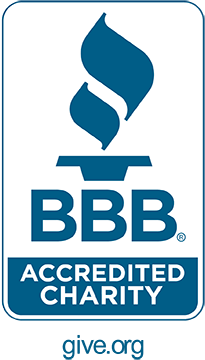This document presents a gender equality and social inclusion promising practice on empowering resource poor households and communities for sustained well-being of children through a faith- based behavior change approach to economic well-being called Empowered World View. Religion and faith are broadly recognized as having the potential to affect mindsets and constraints to economic well-being, but these dimensions are rarely included in poverty alleviation development interventions.
The goal of World Vision’s Empowered World View model is to help people understand their own worth and how they can utilize their full potential by employing their talents, knowledge, capacities, and the resources available to them to drive social change for sustainable development in their own contexts. The approach seeks to address dependency mindsets and to promote economic empowerment and independence among people living in poverty. It also encourages both individuals and communities to examine beliefs, mindsets, and behaviors in light of religious texts that encourage positive and empowered worldviews. The Empowered World View model is implemented alongside World Vision’s THRIVE (Transforming Household Resiliency in Vulnerable Environments) economic empowerment programming. THRIVE is a comprehensive and systematic approach to farming that empowers the most vulnerable households to move from dependence to dignity by building improved and resilient livelihoods for smallholder farmers in Malawi. Program participants are from households living in poverty.





